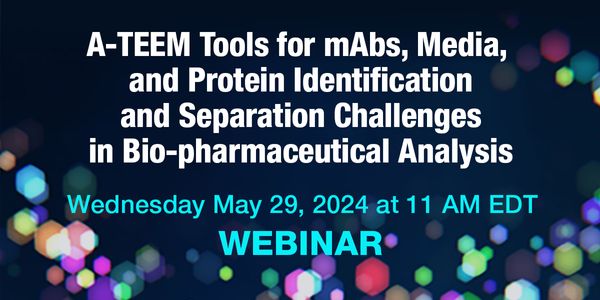NSCLC molecular profiling: An NGS based approach using Oncomine Solutions
Next-generation sequencing is transforming scientific research and testing. Thanks to large-scale cancer projects (e.g. The Cancer Genome Atlas - TCGA), the accumulated knowledge is now used in practice. This requires the assessment of multiple genes per patient for treatment according to the Precision Medicine scheme. Therefore, it is increasingly difficult to imagine performing diagnostic tests without the NGS method. Holycross Cancer Centre in Kielce has been implementing and using NGS for over 10 years. In order to identify those for for genetic counselling, we started to interrogate mutations in BRCA1/2 genes using an NGS method. We also routinely use NGS to stratify patients for targeted therapies in ovarian cancer (BRCA1/2), colorectal cancer (KRAS, NRAS, BRAF) or lung cancer (EGFR, ALK, ROS1, BRAF, KRAS). In lung cancer research, we perform liquid biopsy (cfDNA and cfRNA) for stratification of samples. NGS is a complex and therefore time-consuming method but with the introduction of the new generation Genexus sequencer, sequencing is being performed overnight. The first results can be obtained as early as 14 hours after placing the DNA and RNA in the sequencer. In the future, this makes it possible to perform diagnostics for patients in a very fast and easy way. The new Oncomine Precision Assay is versatile and could be used to stratify samples of different types of cancer for treatment, which can greatly simplifies workflow.
Learning Objectives:
1. Understand the application of NGS IonTorrent for molecular diagnostics of cancer in clinical laboratory
2. Identify the improvement of quality and speed of patients stratification with Genexus sequencer





